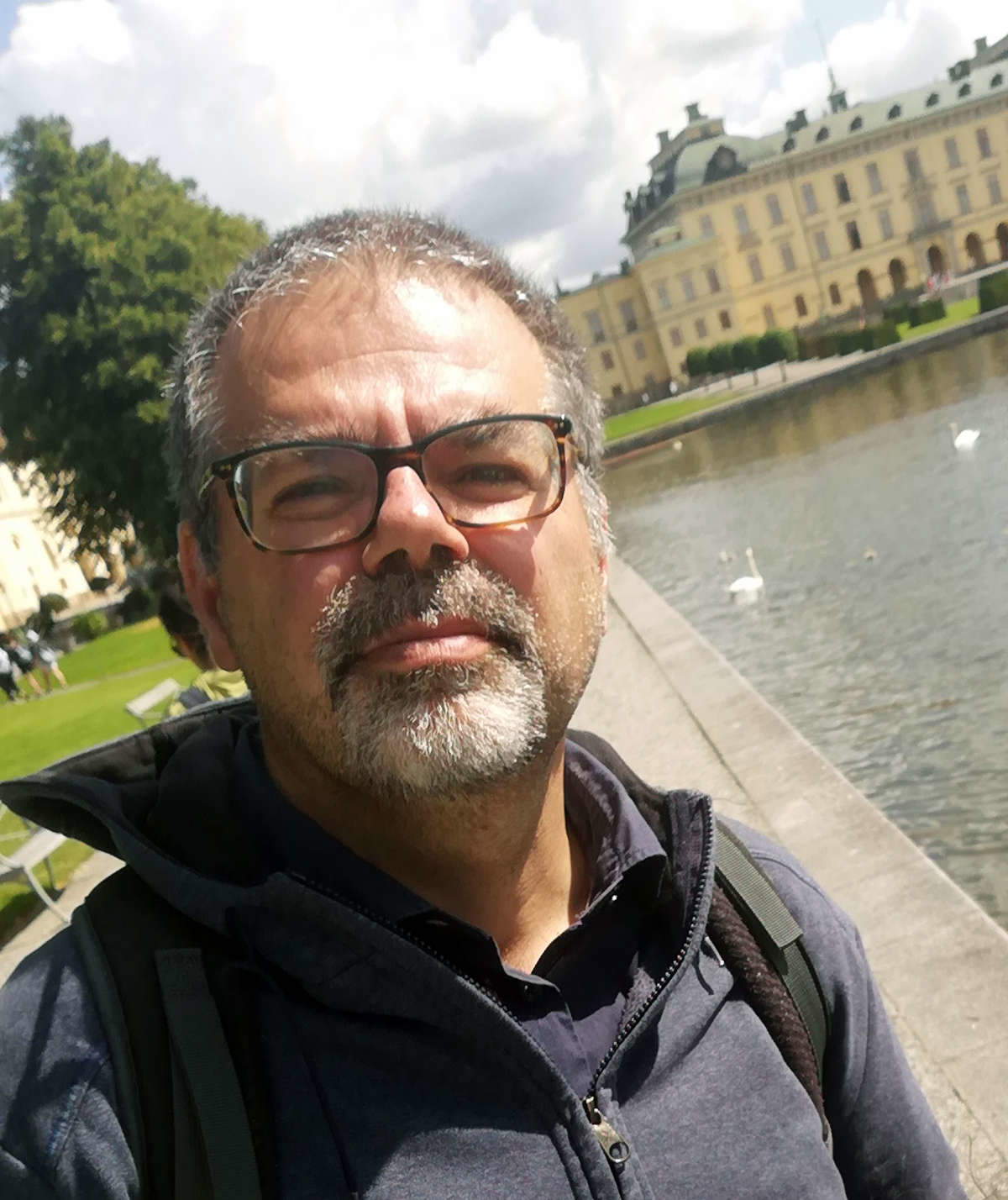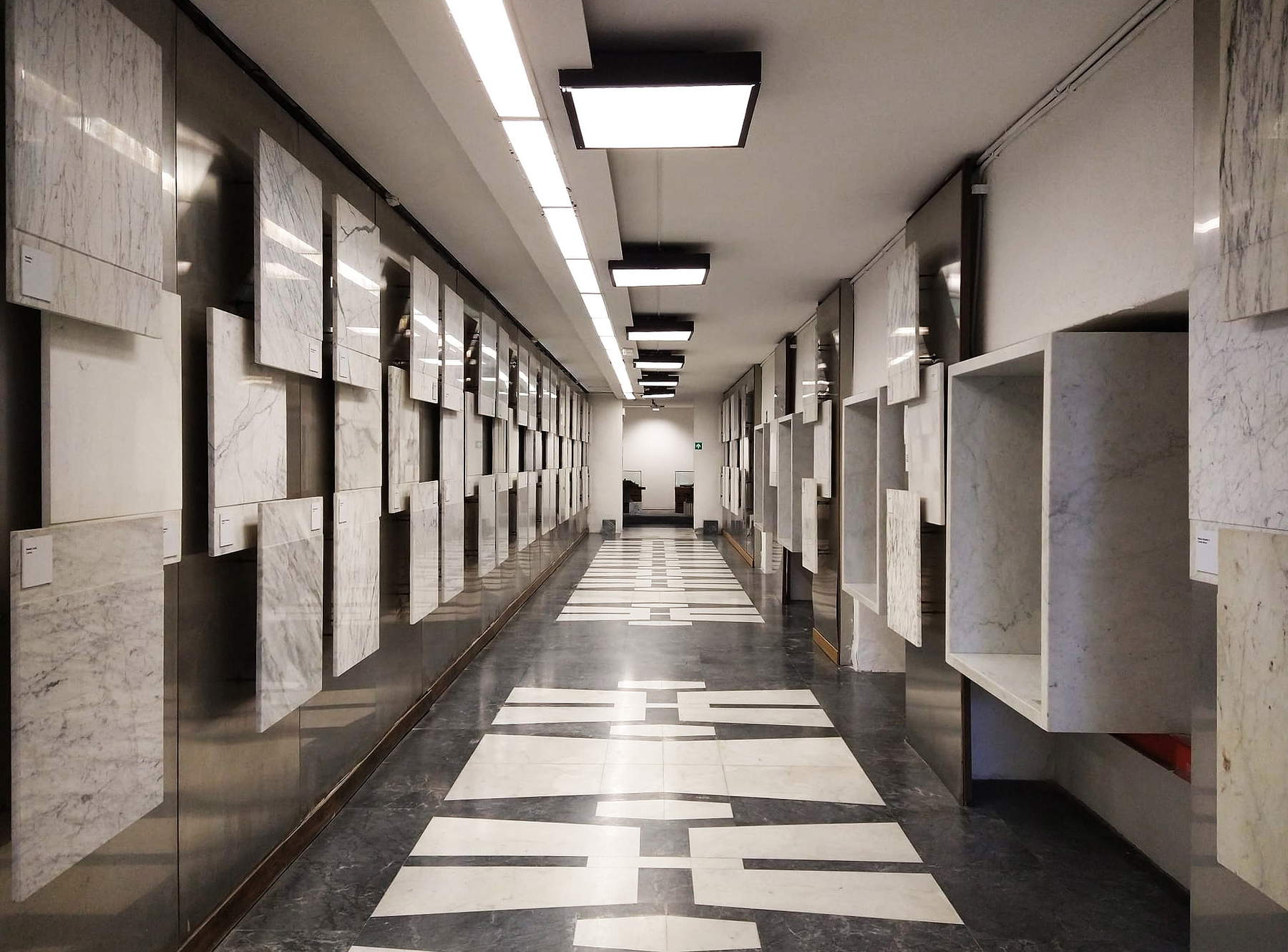Archaeologist Stefano Genovesi is the new director of Carrara’sFossacava Marble Museum andArchaeological Area . The director’s name was announced this morning by the municipal administration of the city of marble. The new scientific director will serve for the next three years and will receive a compensation of 20,000 euros gross per year. The decision to find a single director for the two institutes, the Municipality of Carrara points out, is in line with the memorandum of understanding in place between the Municipality itself and the Superintendence and is dictated by the many interconnections that unite the Civic Museum of Marble and the Archaeological Area of Fossacava, interconnections that concern both the type of exhibition material and the strong link with the history of the Apuan territory: Fossacava preserves evidence of Roman excavation that is further explored along the Marble Museum’s exhibition route. The new scientific director, based on the administration’s guidelines and the technical objectives provided by the Culture sector, will have to participate in the conception of the Marble Museum’s new exhibition route and oversee the various stages of implementation.
Stefano Genovesi, a Pisan, born in 1974, is a classical archaeologist, PhD in ancient history. During his career he was a research fellow at the Department of Civilization and Forms of Knowledge at the University of Pisa (2020-2022), conducting a study on the theme of suburban spaces in the Roman city. He has extensive experience in directing museums and archaeological areas, gained by holding positions at the Archaeological Museum of Cecina, the Massaciuccoli Roman Archaeological Area and the Fossacava Archaeological Area in Carrara, where he participated in the archaeological excavations conducted in 2015. Since then he has been collaborating with the Archaeological Superintendence of Lucca and Massa Carrara for the discovery and cataloguing of Roman semi-finished products found in the quarry. He is the author of numerous scientific publications, dedicated in part to the topic of quarries and mining. He has served as a lecturer at the University of Pisa, with which he currently collaborates as a member of the ’Pisa Progetto Suburbio’.


“Good luck first of all to Stefano Genovesi for this assignment,” says Culture Councillor Gea Dazzi. “For the municipality, on the other hand, having a single director for the Marble Museum and the Fossacava archaeological area I am sure will ensure optimal management by implementing the possibility of shared actions and projects aimed at strengthening the identity of our territory. There are many points of connection between these two realities that are so identitary for Carrara, and this synergy will only bring new stimulating developments to cultural programming.”
“The new position makes me happy and motivated,” declares Stefano Genovesi. “Happiness stems from the possibility, as an archaeologist, to ’work’ on such a particular and fascinating history as that of Carrara’s marble quarrying in the Roman age. The importance that this history has for the city of Carrara also makes me fully aware of the responsibility that has been entrusted to me. Now it will be our task, mine and that of all those who will take part in this project, not excluding the citizens from whom we expect ideas, suggestions and criticism, to bring to life a new narrative that weaves together and makes current the contents of the Marble Museum and Fossacava.”
 |
| Carrara, Stefano Genovesi appointed director of the Marble Museum |
Warning: the translation into English of the original Italian article was created using automatic tools. We undertake to review all articles, but we do not guarantee the total absence of inaccuracies in the translation due to the program. You can find the original by clicking on the ITA button. If you find any mistake,please contact us.